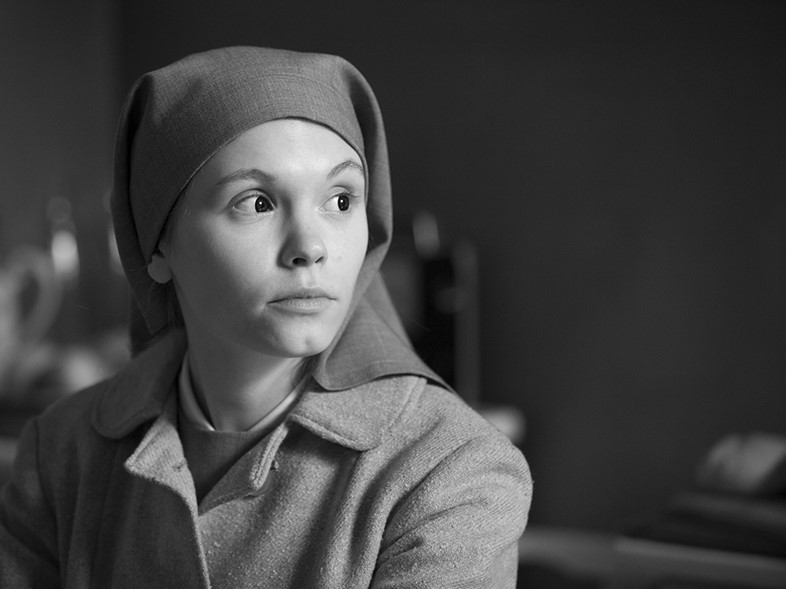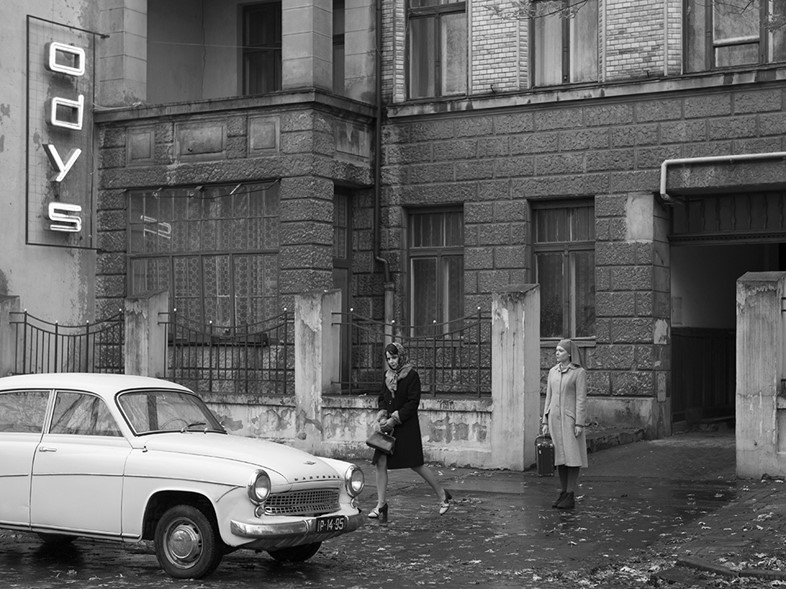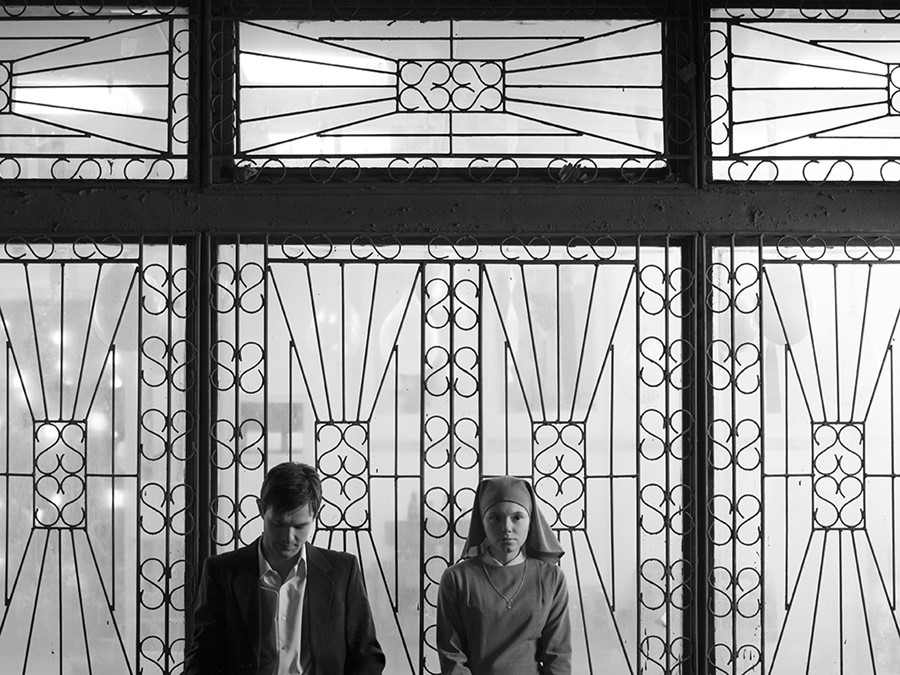On the day his new film Ida is released, we speak to Polish auteur Pawel Pawlikowski about returning to his roots and his favourite coming-of-age films
Today sees the UK release of Ida, the latest film from My Summer of Love director Pawel Pawlikowski. Shot in black and white and set in 60s Poland, the film is a strikingly beautiful and hauntingly austere piece of cinema that tells the story of young novitiate Anna (newcomer Agata Trzebuchowska) as she embarks on a journey of self-discovery and cultural awakening. Left at the convent as an orphan in 1945, Anna is now approaching the taking of her vows. But before she does her Mother Superior insists that she meets her only known relative, her spirited, liquor-loving aunt Wanda (Agata Kulesza), a state magistrate who reveals that Anna is in fact Jewish and that her real name is Ida Lebenstein. The two embark upon a road trip to unearth the mystery of Ida's war-torn past and what unfolds is both harrowing and utterly compelling, filled with weighty silences and lingering shots of the stark Polish landscape, punctuated by bursts of the burgeoning Jazz culture of the era.
"I wanted to make a film that was a meditation. I felt, OK, if you don’t move the camera, don’t supply all the information in dialogue and don’t have a lot of close ups – would it still work? And it did – that was a big discovery," Pawlikowski says of the film's unique form. His affirmation that it works is an understatement, the film having won multiple awards and been selected as the Polish entry for the Best Foreign Language Film at the 87th Academy Awards. Here we catch up with Pawlikowski to discover more about his first experience of shooting in Poland and his favourite coming-of-age films.

On returning to his roots... Making the film in Poland, I realised how Poland has always been my country. I left at fourteen, not through my own will, and I didn't know I was going forever but coming back to shoot, I just felt really at home there, like I belonged. One of my main reasons for making the film was to bring to life a certain world and certain types of characters from the Poland of the early 60s, which I grew up in as a child. There was a kind of animal urge to do it. The music, the images, the type of people, and the type of humanity are very different from today’s humanity – I wanted it to be a bit of an escape from today and a return to Poland, to a different era.
On shooting in black and white... Nowadays, sometimes people make a film in black and white to make it more interesting but some of the films I’ve seen recently could have been equally good or possibly better in colour. But I remember at some point in the middle of writing the Ida script thinking, this feels like it should be in black and white, partly because it was set in that time but also because I wanted it to be a meditation. I didn’t want to be realistic; I wanted to remove it from reality.

On his favourite coming-of-age films... There’s a whole range! The 400 Blows by Truffaut – that’s a great, great film. And then a film by Kusturica, his very first film that nobody knows, called Do You Remember Dolly Bell? which was set in Sarajevo in the 60s. That was a film I loved when I was younger; it made me really excited about the possibilities of cinema. And I recently saw this amazing Ukrainian film called The Tribe. It's about deaf mute youngsters. It’s not realistic; it’s like a strange ballet, very violent and very graphic, but there was something beautiful about it. I’m not sure if it can be described as coming of age though, it’s more a kind of a eastern European nihilistic disaster vision, but it involves young people and falling in love.
On his favourite female characters... I like Anna Karenina – I’m not sure if she’s inspiring, but she’s a great character. And Charlotte Gainsbourg's character in Claude Miller's film A Nasty Girl. I totally identified with her – even though she’s a young girl, I so follow what she’s feeling! In real life I really admire Meryl Streep – she’s an amazing actress – and Cate Blanchett. I like that she’s a good actress and human being.
On steering clear of Hollywood... Polanski said that film is like a magnet that tends to attract humanity's worst, and unfortunately that happens to be the case – unless you create your own situation; unless you make films you really believe in and try to work with people who are really generous, who really want to work for the film, not for the money or their own ego. And with each film, I'm getting closer to that ideal situation so I want to keep it that way. The paradox is that Ida was a tiny Polish film – black and white with unknown actors – and it’s the most commercially successful film I've made. It’s not often that these fairy tales occur!
Ida is in cinemas nationwide from today.
